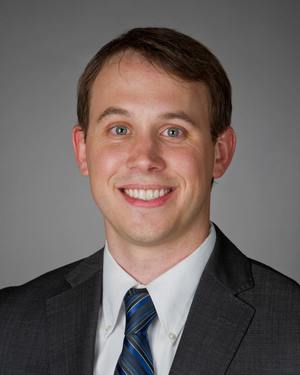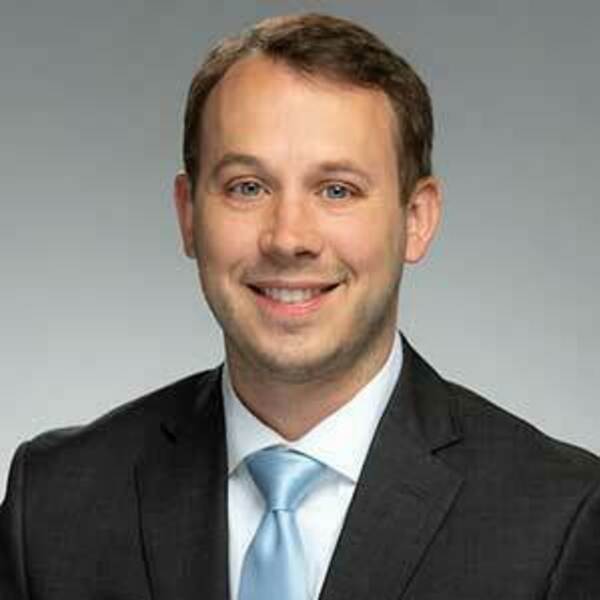
Tim Weninger, the Frank M. Freimann Associate Professor of Engineering and director of graduate studies in computer science and engineering, said: “Fake stories and hoaxes will certainly find their way on the internet, but this is not a new problem; the internet is already full of fake things. The question is: How will this new era of AI-generated content affect how people seek and identify trustworthy information?
Aside from the internet, I predict that there will be a large rush to incorporate these tools into everyday business processes — with a medium-size backlash of people who want to talk to a real person on the phone or in the drive-thru lane. Companies could make a big business case that they have ‘live humans’ ready to help you buy and do things — but there needs to be a legal framework developed to verify that you are a real person and that you’re talking to a real person with real consequences for lying.”
While use of AI in everyday business practices could result in some people losing their jobs, Weninger doesn’t think the future of work is in peril. “People are good at adapting and finding new ways to sell their labor.”
The bigger threat, he said, may be to the state of public trust.
“I foresee an increasingly skeptical population and, with that, a consolidation of trust in information spaces. A smaller and smaller set of organizations will have and hold public trust, and it will become increasingly more difficult for new organizations to build trust among a consumer base.”
